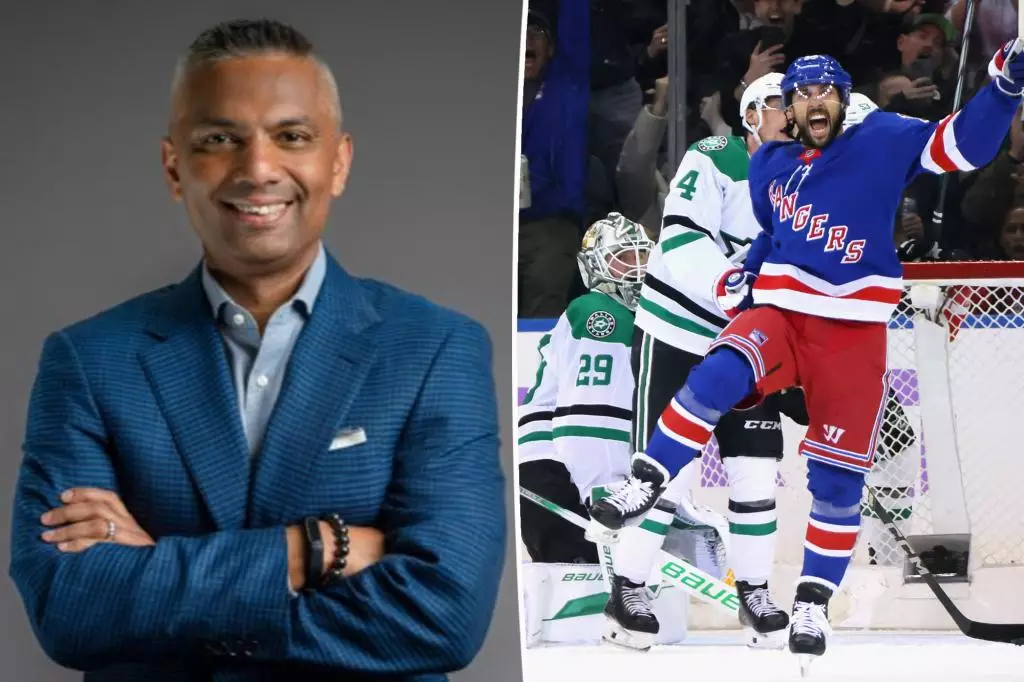In a striking twist at Madison Square Garden on a recent Tuesday evening, the CEO of Altice, Dennis Mathew, was spotted enjoying a hot dog during the New York Rangers game against the Dallas Stars. Normally, this wouldn’t raise many eyebrows, but the context is essential. His presence at the venue was particularly eyebrow-raising as Altice’s cable service, Optimum, has not been broadcasting Rangers games since January 1. This blackout results from a contentious financial dispute regarding carrier fees between Altice and MSG. Observers were left scratching their heads: how could the head of a company involved in an ongoing feud be attending a game he was actively denying to his subscribers?
Altice has been in negotiations with MSG regarding the costs associated with airing games. Each subscriber reportedly contributes around $10 per month, a fee Altice deems excessive given the proposed changes by MSG to their agreement. Altice’s representatives assert that a deal on the table effectively forces customers who are not interested in watching specific games to shoulder extra costs, which they classify as a form of price gouging. This situation poses significant implications for sports fans, particularly in a region where watching local teams is not just a pastime, but a cultural phenomenon.
Altice’s actions have not gone unnoticed by their customer base, who feel wronged by the blackout. With approximately a third of New Yorkers relying on Optimum for their sports entertainment, the decision to pull MSG games has led to increased frustration and outrage. Customers, accustomed to a reliable viewing experience, now feel alienated, facing the dissonance of supporting a local team they can no longer watch through their chosen provider. The stark contrast of Mathew’s boisterous attendance at the game — amidst ongoing negotiations — seems to imply a disconnect between corporate leadership and consumer sentiment.
When reached for comments, an Altice spokesperson highlighted Mathew’s presence at the game as part of a previously scheduled business meeting with clients. They claimed ongoing negotiations were being conducted with MSG, suggesting an openness to resolve the conflict amicably. However, when fundamental consumer interests clash with corporate strategies, resolution remains complex and fraught with challenges.
Without a clear and mutual understanding between Optimum and MSG, the future of local sports broadcasting in the area remains in jeopardy. For now, the rift has not only impacted the corporate entities at play but also the loyal fan base that expects to connect with their beloved teams through accessible broadcasting channels. The escalating tussle begs the question: when will these titans of industry prioritize the interests of their customers over the pursuit of profit?


Leave a Reply